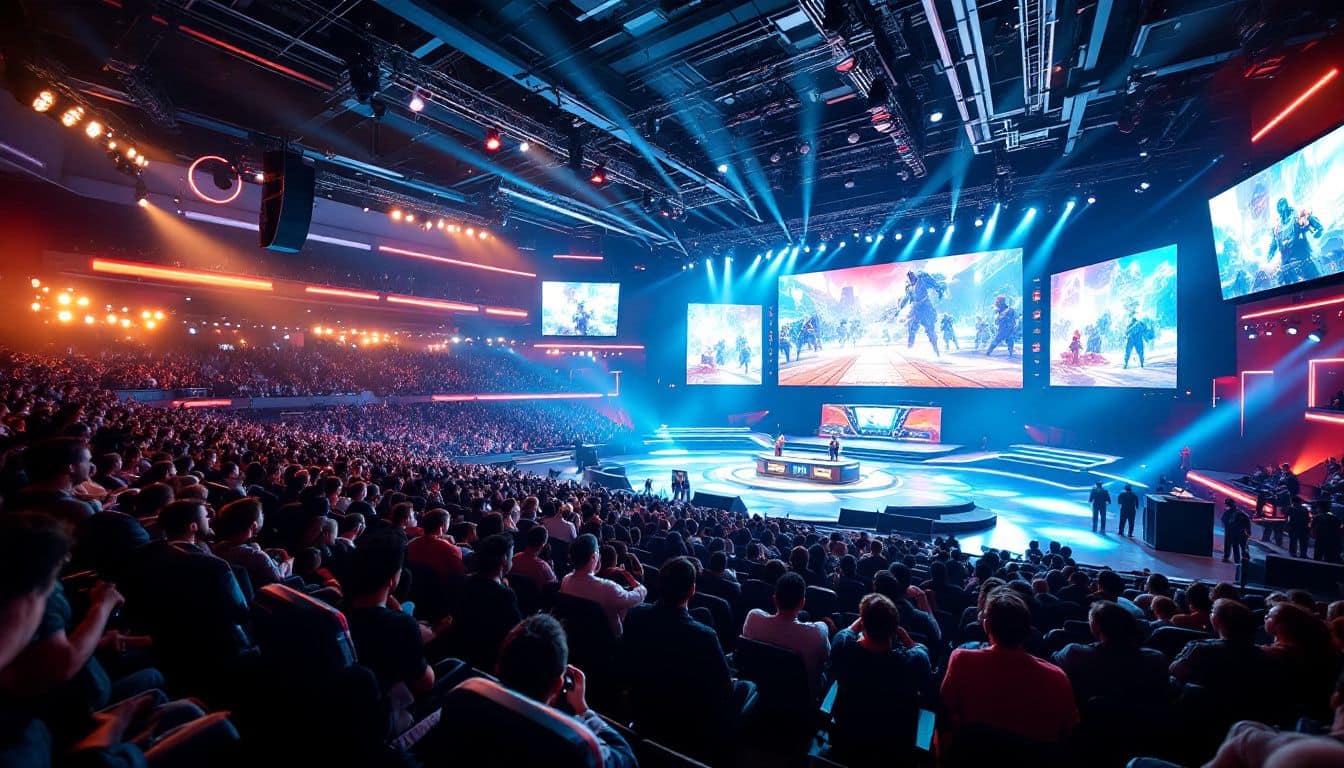The debate “should esports be in the Olympics” grows stronger as traditional sports viewership drops. The International Olympic Committee plans to host the first Olympic Esports Games in Saudi Arabia by 2025.
This article breaks down three key benefits and three major drawbacks of adding esports to the Olympic program. Get ready to explore why competitive gaming might soon share the spotlight with swimming and gymnastics.
Key Takeaways
Esports has exploded in popularity, with League of Legends drawing 6.4 million viewers in 2023. The total esports fan base now includes 495 million people worldwide.
The International Olympic Committee plans to host the first Olympic Esports Games in Saudi Arabia by 2025. This follows esports becoming an official medal sport at the 2022 Asian Games in Hangzhou.
Pro gamers face serious health risks from sitting too long. Top players like Lee “Faker” Sang-hyeok now push for exercise breaks between matches to combat these issues.
Esports brings younger viewers to Olympic content. Major networks like ESPN and Fox now show gaming tournaments. NBCUniversal partnered with Twitch during Tokyo 2020 Olympics to reach this audience.
Violence in games like Call of Duty remains a key concern for Olympic inclusion. Still, non-violent games like Rocket League show that combat isn’t needed for exciting esports competition.
Table of Contents
The Case for Including Esports in the Olympics
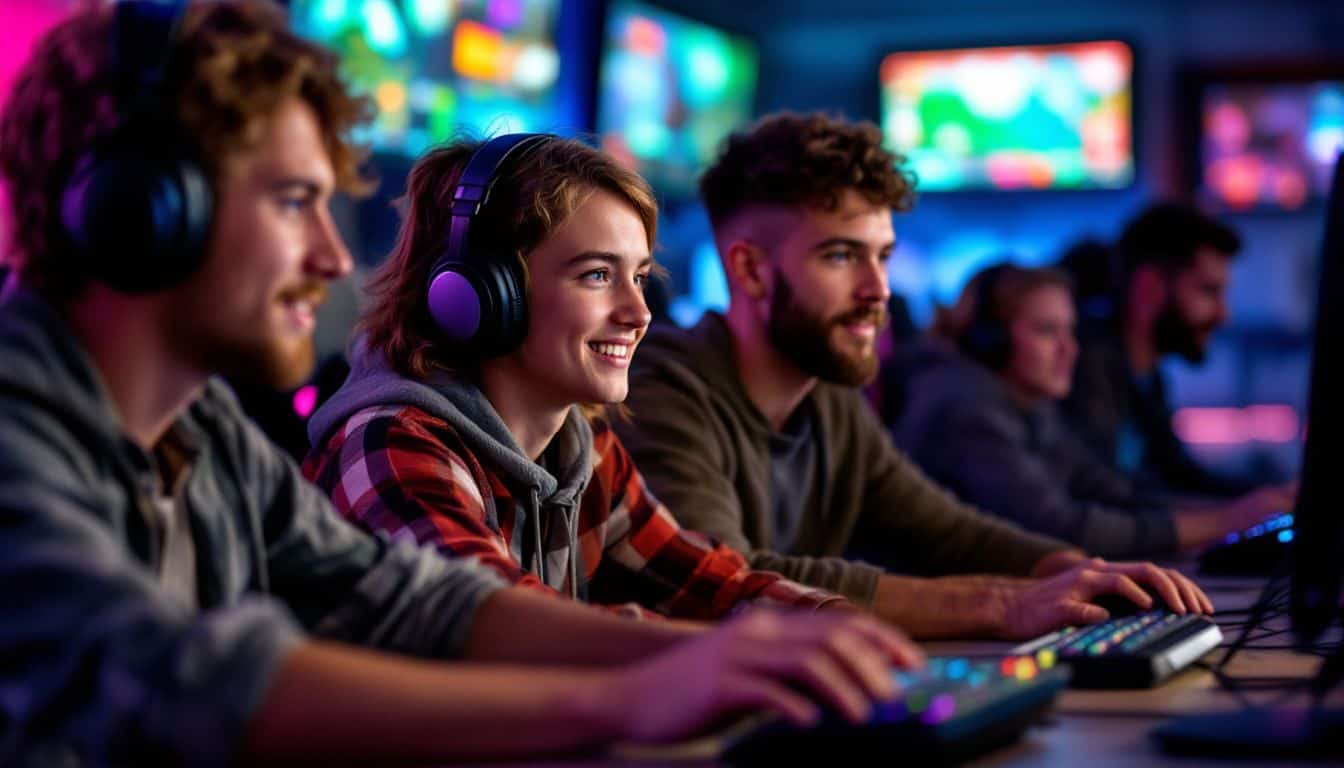
Esports has grown into a massive global phenomenon, with games like League of Legends drawing more viewers than the Super Bowl. The International Olympic Committee (IOC) sees this surge in competitive gaming as a chance to connect with millions of young fans who prefer watching pro gamers over traditional athletes.
Growing global popularity of esports

Video games have exploded into a global sports phenomenon. League of Legends World Championship pulled in 6.4 million viewers in 2023, showing the massive reach of competitive gaming.
The total esports fan base now stands at 495 million people worldwide, with many fans for US players enjoying both watching and betting on matches.
Professional gamers like Lee “Faker” Sang-hyeok have become household names in the gaming world.
The COVID-19 pandemic supercharged esports growth, with fans streaming 1.645 billion hours of gaming content. Twitch viewership doubled between April 2019 and April 2021. The esports industry keeps setting new records, with projected revenue hitting $2.1 billion by 2023.
Major events like the Asian Games have embraced this trend, making esports an official medal sport at their 2022 competition in Hangzhou.
Alignment with Olympic values of competition and excellence
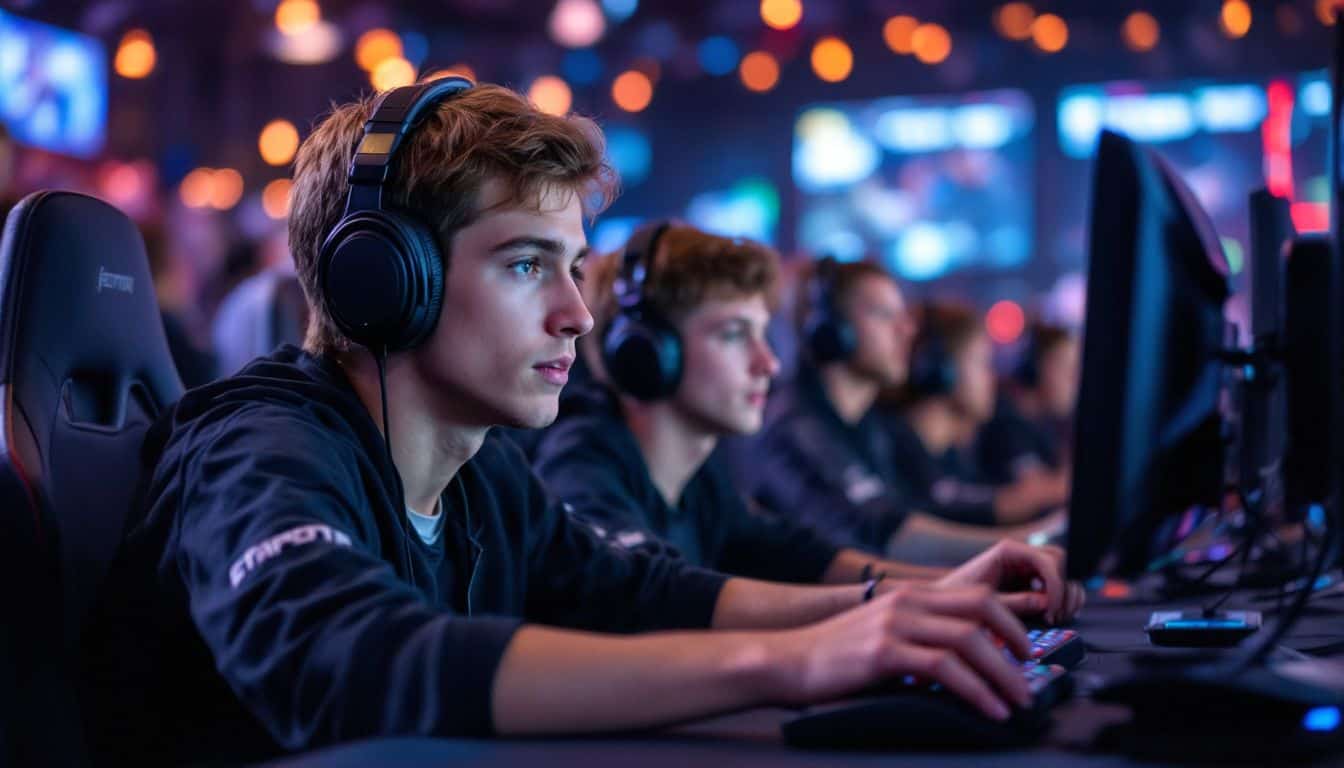
The massive growth of esports leads us to examine its deep connection with Olympic values. Professional esports players show amazing dedication to excellence, much like traditional Olympic athletes.
During competitions, these players’ heart rates spike up to 180 beats per minute, proving the intense physical demands of competitive gaming. The Olympic Movement values fair play, respect, and teamwork – principles that esports champions like Lee “Faker” Sang-hyeok display in every match.
Esports fits perfectly with Olympic ideals through its focus on skill, strategy, and discipline. Top players in League of Legends Championship Series and other major tournaments train just as hard as traditional athletes.
These digital athletes spend countless hours perfecting their coordination, reaction time, and team communication. The International Olympics Committee now sees how esports promotes values like solidarity and respect among its global fanbase.
Through events like Olympic Esports Week, the gaming community shows its commitment to fair competition and excellence at the highest level.
Challenges to Esports in the Olympics

The Olympic Committee faces tough questions about adding esports that show violence, like Call of Duty, to their program. Physical sports demand real sweat and muscle power, while esports athletes sit at computers – this creates a major debate about what counts as true Olympic competition.
Concerns about violence in some games
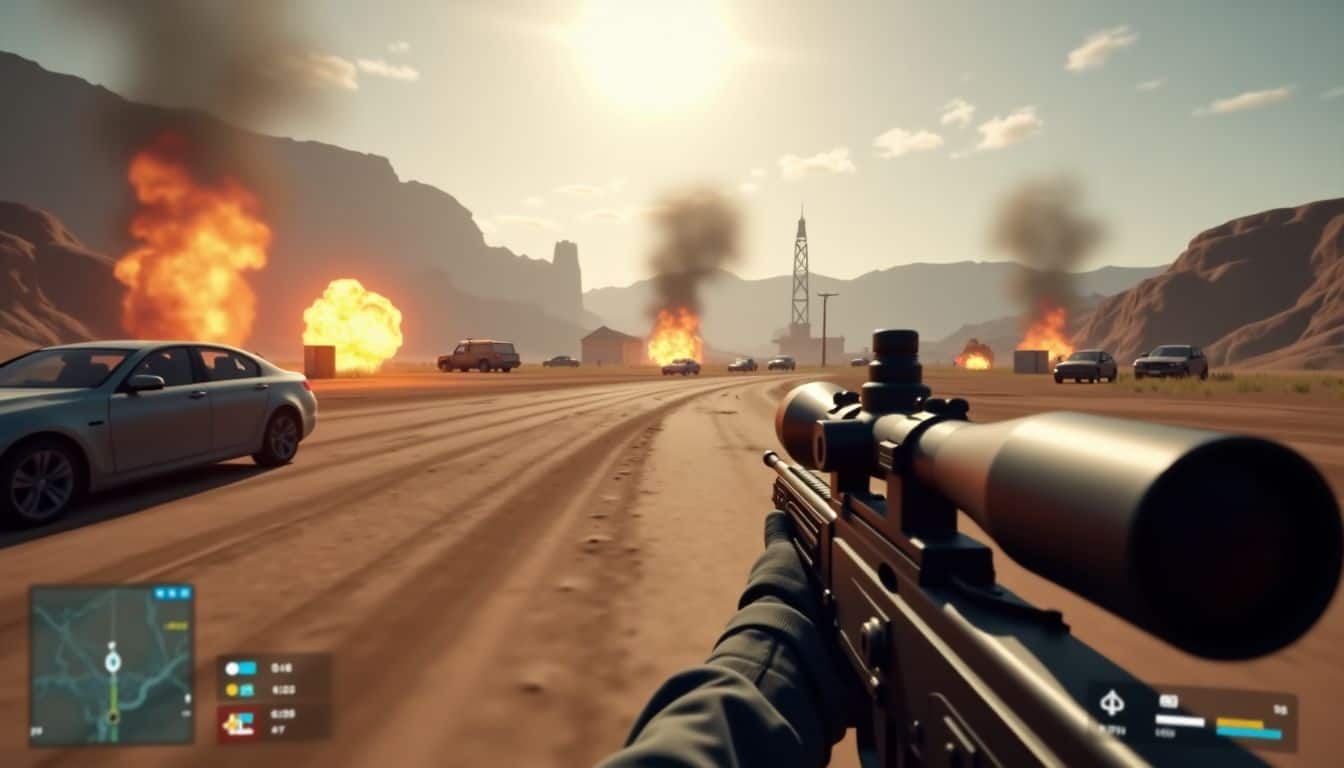
Violence in video games is a significant consideration for Olympic inclusion. Popular titles like Call of Duty receive close examination from the International Olympic Committee (IOC) due to their combat themes.
Critics point to shooting mechanics and aggressive gameplay as potential problems for younger viewers. This stance creates an interesting debate since current Olympic sports like boxing and taekwondo also contain physical combat elements.
Many esports fans argue that virtual competition differs from real-world violence. Games like Rocket League show that not all esports need combat themes to be exciting. Traditional Olympic audiences might resist accepting games with any violent content.
This raises questions about which specific titles could make the Olympic cut. The comparison of physical activity levels between esports and traditional Olympic sports offers valuable insights.
Lack of physical activity in esports

Beyond game violence concerns, physical health risks pose serious challenges for esports athletes. Pro gamers face major health issues from sitting too long at their computers. The lack of movement leads to dangerous blood clots and poor blood flow throughout their bodies.
Many players skip regular exercise while practicing for virtual sports and olympic esports games.
Physical activity must become a priority for esports athletes – Thomas Bach, IOC President
The sedentary gaming lifestyle creates bad eating habits during long practice sessions. Most esports players grab quick snacks and energy drinks instead of proper meals. Top players like Lee “Faker” Sang-hyeok now promote taking exercise breaks between matches.
Medical experts suggest gamers need scheduled workout time to stay healthy for tournaments. The Olympic Games committee wants clear health guidelines before adding esports to their program.
Additional Considerations
Regulatory challenges and expanded evaluation of athlete well-being have not been fully explored. Competitive gaming regulations and health guidelines can support the integration of esports with the standards of the Olympic Games. Expert voices emphasize clear rules and detailed plans to monitor player health. Discussions on team dynamics and oversight enrich the debate for including esports in official competition.
Benefits of Esports in the Olympics
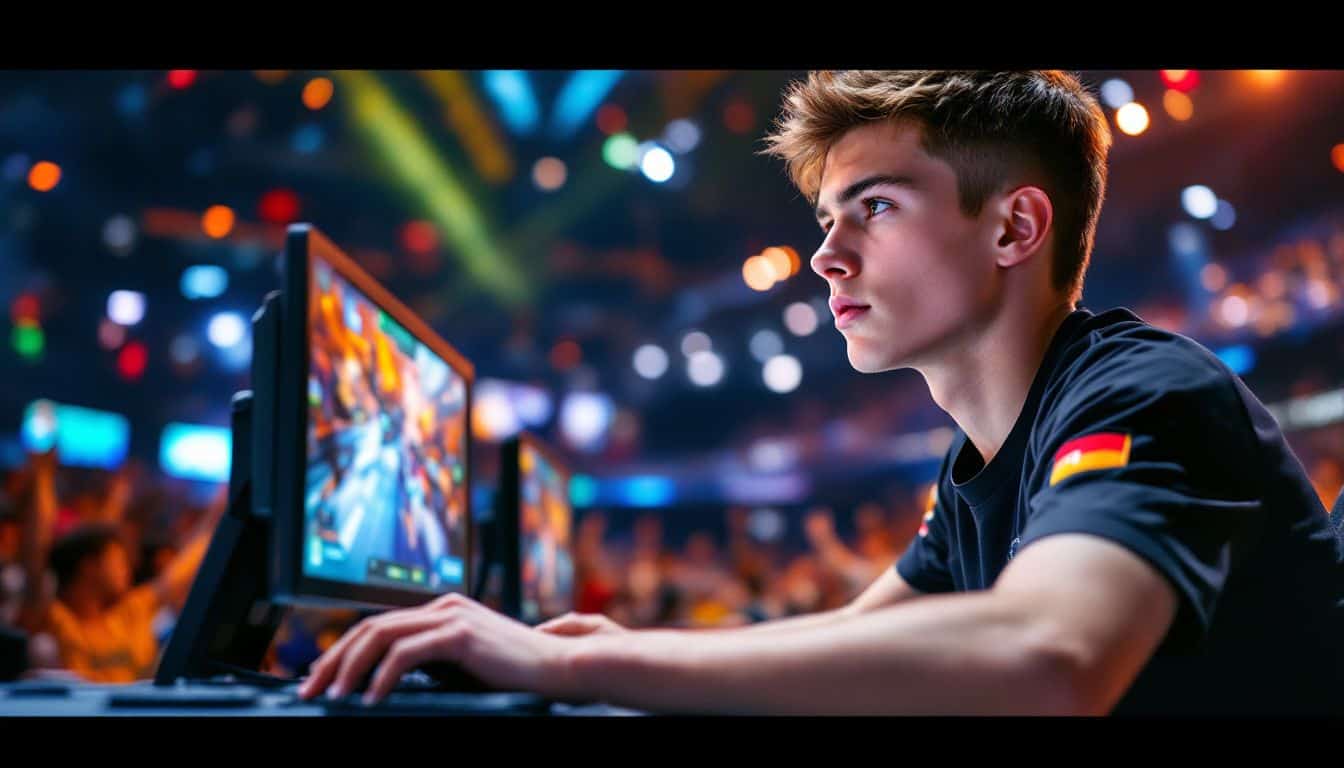
The Olympic Games will reach millions of new fans through esports competitions. Young viewers want fast-paced digital action, and esports delivers this excitement through video game tournaments that showcase talent like Lee “Faker” Sang-hyeok.
Attracting younger audiences
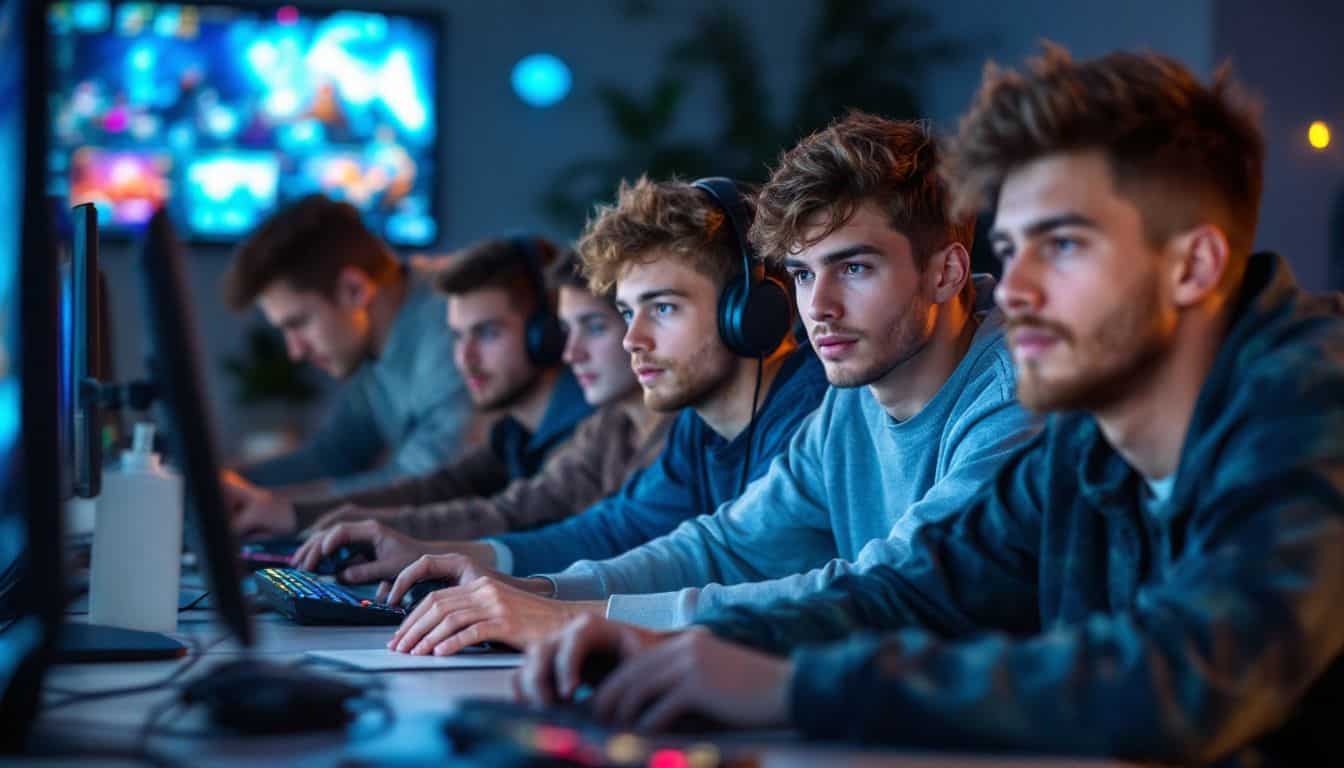
Esports brings fresh energy to traditional Olympic viewership. Major networks like ESPN and Fox now broadcast video game tournaments, proving their mainstream appeal. NBCUniversal teamed up with Twitch during Tokyo 2020 Olympics to create content for young viewers.
This smart move targets the growing esports audience who prefer digital entertainment over conventional sports broadcasts.
Olympic Virtual Series marks a bold step into gaming culture. Sports fans now watch female esports players compete in multiplayer online battle arena games through live streams.
Stars like Lee “Faker” Sang-hyeok draw millions of young viewers to competitive gaming events. These digital competitions help bridge the gap between classic Olympic sports and modern entertainment preferences.
Sports ratings show that esports viewers are much younger than traditional sports audiences, making virtual competitions vital for future Olympic growth.
Driving innovation and inclusivity in sports

The Olympic movement stands at a turning point with digital sports. Global Esports Federation leads the charge to make gaming more open to all players. Top athletes like Lee “Faker” Sang-hyeok show how gaming breaks down barriers of age, gender, and physical limits.
Digital platforms create equal chances for everyone to compete at high levels.
The Tokyo Olympic Games proved that virtual sports can unite people across borders. MOBA games draw players from different backgrounds to work as teams. The Olympic Esports Games focus on fair play and equal spots for women players.
These digital contests push sports forward through new technology and wider access. Players use skills like quick thinking and team planning, just like regular sports.
People Also Ask
What makes esports worthy of joining the Olympic Games?
Esports brings diversity and inclusion to the Olympic stage. Games like those played by stars such as Lee “Faker” Sang-hyeok show how digital sports can unite people worldwide. Plus, esports needs the same focus, skill, and training as traditional sports.
How are groups like GAISF helping esports grow?
GAISF works to bring esports into major sporting events. They help set up rules, manage communications, and create ways to teach people about gaming. Groups like Esports Ohio also help by running local events and education programs.
Will adding esports change how we watch the Olympics?
Yes – esports would bring new ways to watch games. Fans could use special webapps to follow matches, get updates by email, and join online communities. This makes the Olympic Games more fun for young viewers.
What tools do Olympic esports players need?
Players need more than just a raygun or game controller. They need fast computers, good internet, and special gaming tools. Plus, they must accept cookies on gaming platforms to join official matches and track their progress.
References
https://esportslane.com/esports-in-olympics-history-pros-cons/
https://www.neurotrackerx.com/post/should-esports-be-in-the-olympics-3-debates
https://valoresports.com/the-olympics-and-esports-a-match-made-in-heaven/
https://www.henryford.com/blog/2020/10/the-pros-and-cons-of-esports
https://aptitudeinternet.com/esports-the-olympics-games-the-future-of-high-speed-excellence-in-competition/ (2024-08-15)
Disclaimer: This content is informational and not a substitute for professional advice. It reflects research and opinions at the time of writing and may be updated as new information emerges.
